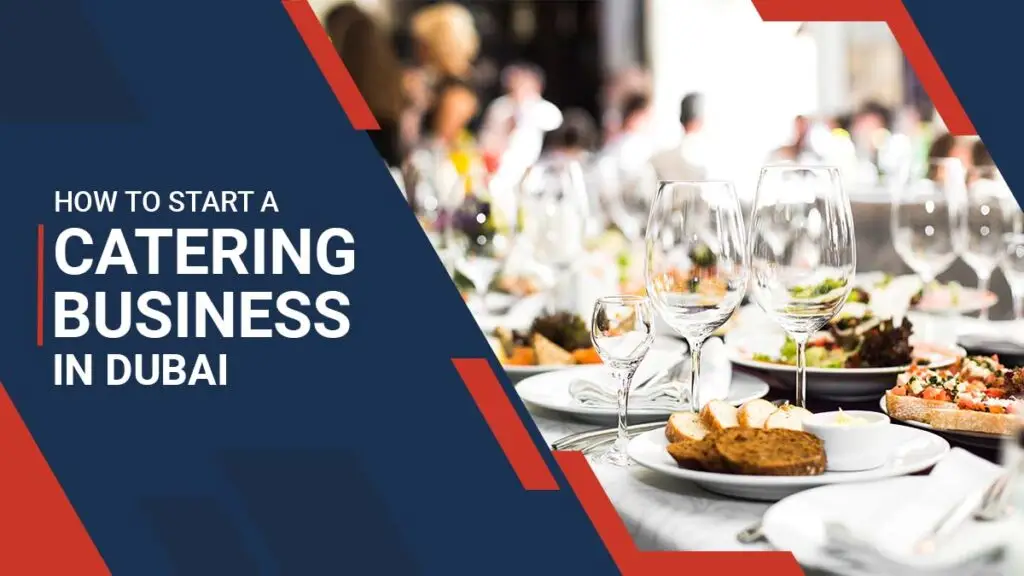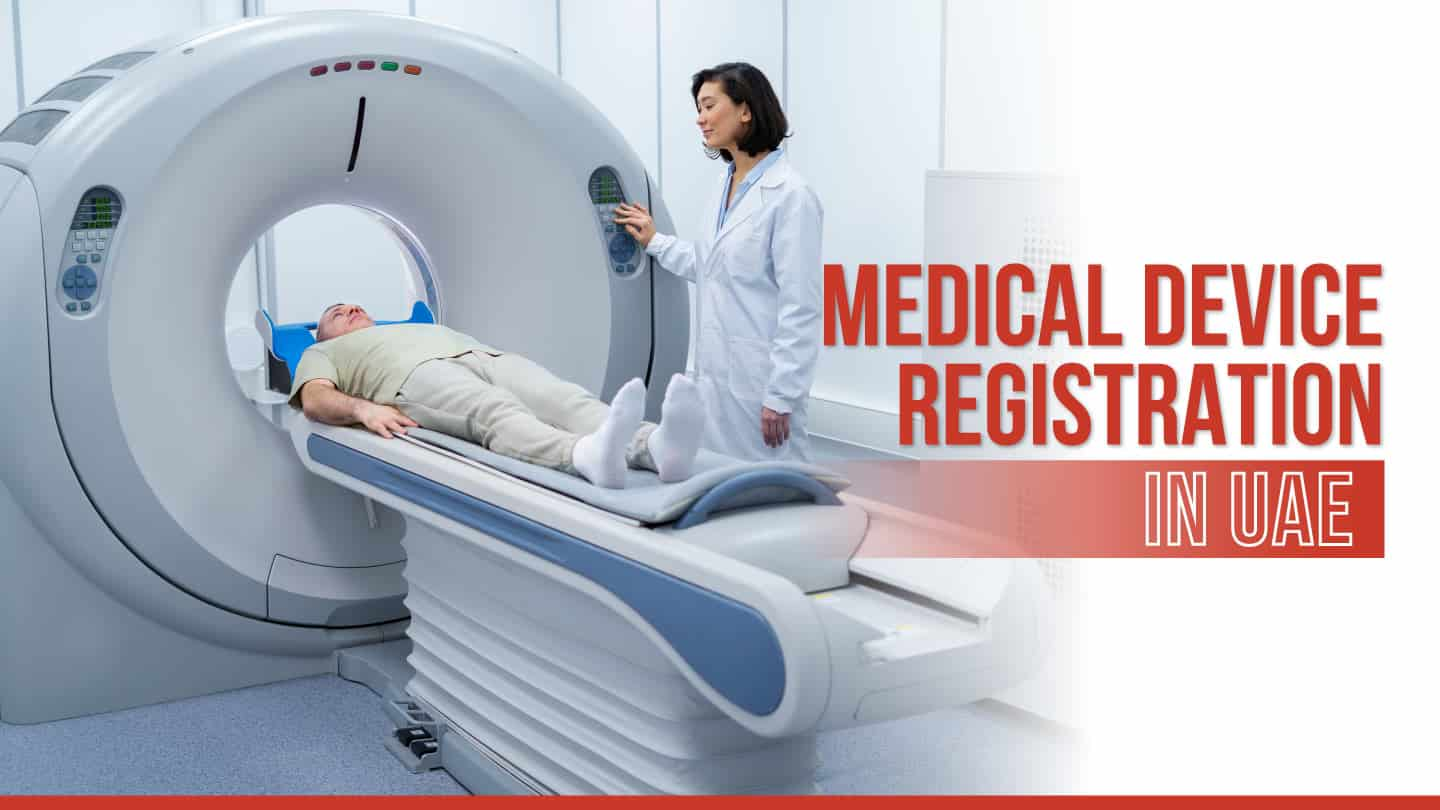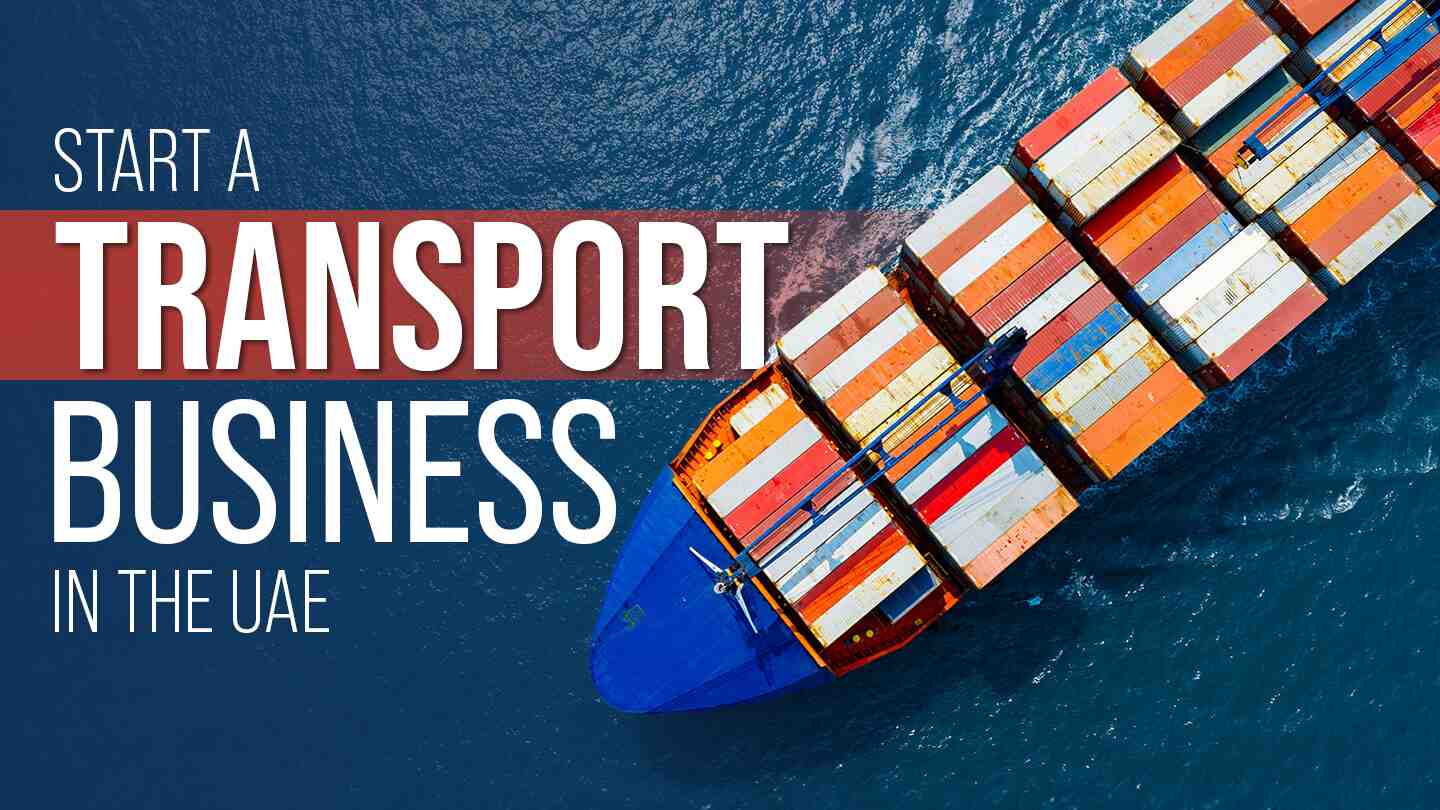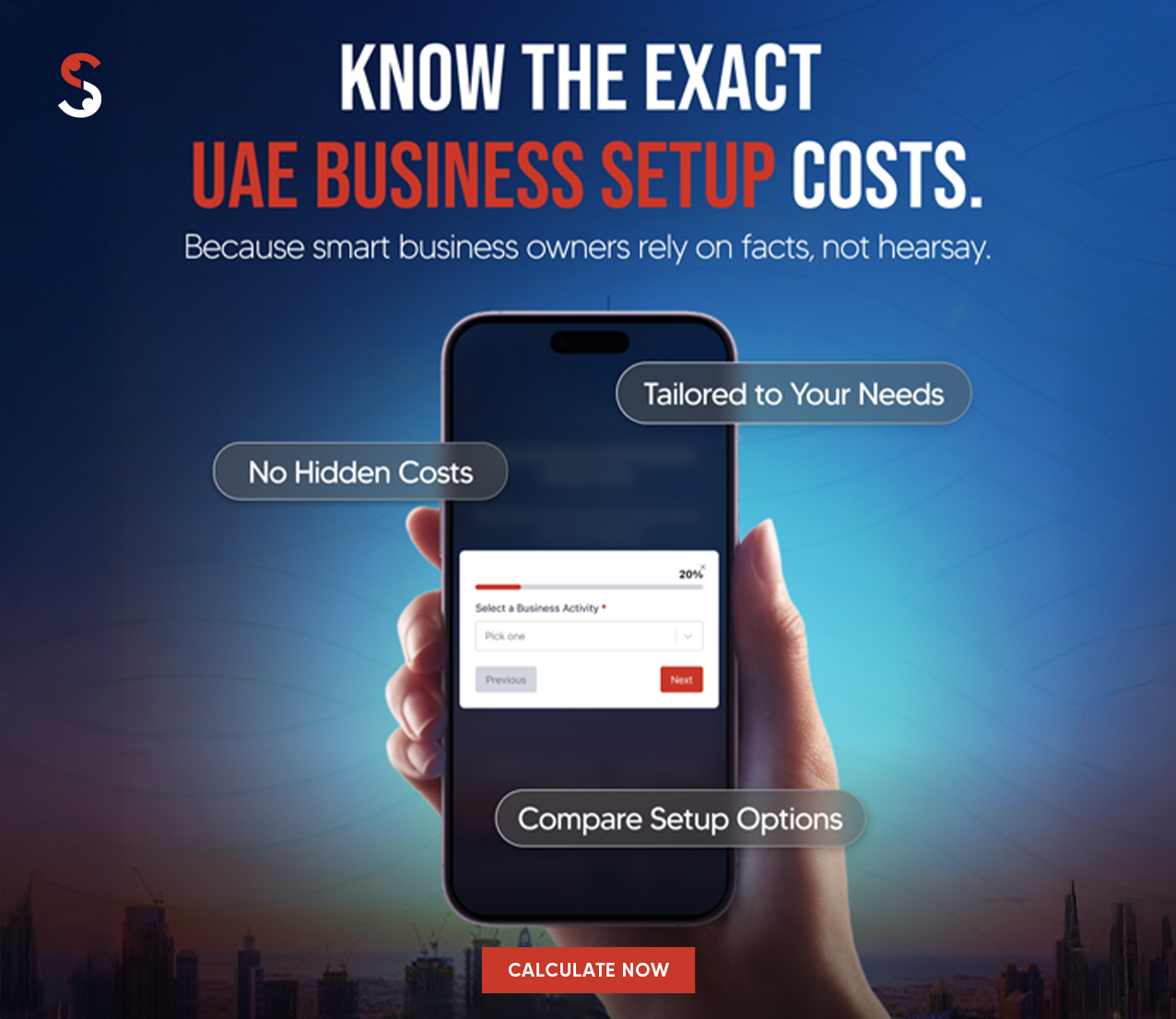Dubai, the mighty cosmopolitan, is known for its wide variety of cuisines. It is home to world-famous delicacies like Manousheh, Iranian Sangak, Oozie, Mahalabiya, and more. The list can go on and on. This makes opening a catering business in Dubai a highly lucrative entrepreneurial opportunity.
The Cosmopolitan is well known not only for its food but also for hosting weddings and events. As a result, the demand for exceptional catering companies in Dubai that can offer a variety of delicacies is high. If the reports are believed, the UAE foodservice market will grow at a 6.8% CAGR from 2022 to 2027. So, if you wish to start a catering business in Dubai, obtaining a catering license in Dubai is crucial to ensure compliance with local regulations. Now is the perfect time to tap into this growing industry!
Factors to Keep in Mind Before Starting a Catering Business in Dubai
Like any other industry, a catering business in Dubai requires careful planning and organisation. Success in this competitive field depends on the synergy of a dedicated team, where each member contributes their expertise to ensure smooth operations and sustained growth.
Furthermore, you will need to follow specific rules and regulations depending on the type of catering activity you choose. Obtaining a catering license in Dubai is a crucial step in the process. As a result, you must consider certain factors before you start a catering business in Dubai.
Here are some key aspects to focus on:
- Target Audience: Who will you cater to? Catering companies need to ensure that the food they conjure appeals to their target audience. Also, the nature of the event (public, corporate, private, etc.) will alter the menu. Determining and narrowing down the audience is pertinent since it will help you shape many other things. For instance, your menu or the food you offer.
- Accepting Orders: How will you handle orders once you start a catering business in Dubai? Will you receive orders through telephone, walk-ins, or online platforms? If you plan to accept online orders, similar to an online food business in Dubai, you may need to invest in an app or a website. On the other hand, securing a physical office space will be necessary if you opt for walk-ins. Additionally, you must obtain a food delivery license in Dubai to comply with local regulations if you offer delivery services.
- What’s Your USP: How will you differentiate yourself from other catering businesses in Dubai? What is your strategy to stand out and attract more customers? Your unique selling proposition (USP) is crucial to building a strong brand presence. Depending on your services, such as live cooking stations or event catering for large-scale functions, you may need to apply for extra permits.
Read Also: how to start a restaurant business in UAE
Required Licenses and Permits for Catering Business in Dubai
Navigating the regulatory landscape is a critical first step to launching a successful catering business in Dubai. Compliance ensures not only the legality of your operation but also builds trust with clients by demonstrating a commitment to safety and quality. Here are the key licenses and approvals you will need to secure:
- Trade License from DET: This is your primary business license, granting you the legal authority to operate. It is issued by the Dubai Department of Economy and Tourism (DET) for the business activity of Catering Services. You will typically need a Commercial License and must choose a legal structure such as a Sole Proprietorship, LLC, or Civil Company.
- Food License from Dubai Municipality: This is the core permit that certifies your business is qualified to handle and prepare food. It is issued by the Dubai Municipality’s Food Safety Department and ensures compliance with all food safety and hygiene regulations. Initial approval is required to submit a layout plan for the kitchen before the final license is granted.
- No Objection Certificate (NOC) from Dubai Municipality: A No Objection Certificate from Dubai Municipality is specifically required to set up a central kitchen or catering facility. This approval is based on a successful inspection confirming compliance with food handling and safety standards for the physical premises.
- Kitchen Approval & Health and Safety Permits: This approval from Dubai Municipality is mandatory to ensure the kitchen meets all hygiene and safety standards before operation. The facility must have proper ventilation, drainage, pest control measures, and pass a comprehensive inspection.
- Vehicle Permit for Food Transportation (If applicable): If you plan to deliver food using transportation vehicles, a vehicle permit from Dubai Municipality is mandatory. This ensures that your transport vehicles are specially fitted and maintained to meet food safety standards during delivery.
- HACCP Certification (Highly Recommended): Hazard Analysis and Critical Control Points (HACCP) certification is a systematic approach to food safety. While highly recommended for all caterers, it is essential for large-scale catering operations to ensure compliance with international food safety standards and is often required by major clients.
Key Benefits of Start a Catering Business in Dubai
For a catering business, Dubai offers a dynamic market with high demand from a diverse, international population and a strong tourism sector. Key benefits include a business-friendly environment with significant tax advantages, world-class infrastructure, and a range of growth opportunities.
High Market Demand:
- Diverse population and client base: Dubai is home to more than 200 nationalities, creating a constant demand for a wide variety of cuisines for social and corporate events. This provides opportunities to specialize in different types of food to target various niches.
- Thriving corporate sector: The city is a major global business hub with a large demand for corporate catering for meetings, conferences, and employee meals. Institutional catering, including services for construction sites and corporate offices, makes up a significant portion of the market.
- Robust tourism and hospitality: Dubai’s status as a top tourist destination, with 18.72 million visitors in 2024, creates high demand for catering services for events, hotels, and tourist attractions. The market for meetings, incentives, conferences, and exhibitions (MICE) is also a strong driver for high-end catering.
- Cultural and social events: There is a consistent need for catering services for weddings, parties, and various cultural celebrations throughout the year.
Favorable Business Environment:
- Tax benefits: Dubai and the UAE offer significant tax incentives, including zero personal income tax. Many businesses, especially those in free zones, can operate with a 0% corporate tax rate on qualifying income.
- 100% foreign ownership: Recent legal reforms allow for 100% foreign ownership of businesses in both free zones and many mainland sectors, eliminating the need for a local sponsor.
- Ease of setup: The government has simplified and expedited the business registration and licensing process. Digital services and free zones help entrepreneurs get up and running quickly.
- Advanced infrastructure: World-class infrastructure, including modern business parks, transportation, and utilities, ensures smooth daily operations for catering businesses. Cloud kitchens and online ordering platforms are also well-integrated into the food and beverage industry, allowing for lower overhead costs.
Growth and Scalability Potential:
- Flexibility in business models: You can start with a home-based catering business and scale up to a commercial facility or opt for a lower-investment model like a food truck or cloud kitchen.
- Access to skilled talent: Dubai’s large and diverse expatriate community provides a wide talent pool for hiring skilled and experienced catering professionals.
- Full repatriation of profits: Business owners can freely repatriate all their capital and profits to their home country without any restrictions.
- Government support: Government initiatives, like the Dubai Economic Agenda D33, aim to further boost the economy and tourism, which will sustain growth in the food and beverage sector for the foreseeable future
How to Start a Catering Business in Dubai
Dubai’s dynamic events scene and corporate culture create a high demand for quality catering services. From lavish weddings to corporate meetings, the opportunities are vast for entrepreneurs looking to start a catering business in Dubai. However, success hinges on navigating the legal landscape correctly, which involves securing the proper catering business license and adhering to strict food safety regulations.
This step-by-step guide will walk you through the essential stages of launching your venture.
Step 1: Define Your Catering Business Model
Your first crucial decision is to define your niche. The model you choose will influence your licensing requirements, kitchen setup, and marketing strategy. Common models in Dubai include:
- Corporate Catering: Providing meals for offices, business meetings, and corporate events.
- Event Catering: Serving weddings, birthday parties, and social gatherings.
- Industrial Catering: Fulfilling large-scale food requirements for schools, hospitals, and labor camps.
- Mobile Catering: Operating through food trucks or portable units for on-the-go service.
- Cloud Kitchen: Running a delivery-only model without a physical dine-in space.
Step 2: Secure Your Catering Business License
To operate legally, you must obtain a trade license. You can do this through the Dubai Department of Economy and Tourism (DED) or within a free zone if you prefer 100% foreign ownership. The key steps in this process are:
- Selecting and approving a trade name that complies with Dubai’s regulations.
- Choosing a legal structure (e.g., Sole Proprietorship, LLC, or Free Zone Establishment).
- Submitting the required documents to the DED or your chosen free zone authority to receive your commercial license for catering services.
Step 3: Acquire Food & Safety Permits from Dubai Municipality
Beyond your trade license, compliance with Dubai Municipality is non-negotiable. This involves several critical approvals:
- Food License: This is your primary permit to handle and sell food.
- Kitchen Layout Approval: You must submit your kitchen’s layout plan for initial approval before any fit-out begins.
- Final Kitchen Inspection: A municipality inspector will visit your facility to ensure it meets all hygiene, ventilation, storage, and sanitation standards before granting operational clearance.
Step 4: Set Up Your Commercial Kitchen
Your catering business requires a commercial kitchen that passes Dubai Municipality’s stringent requirements. You have several options:
- Renting a pre-approved central kitchen in a dedicated food zone.
- Partnering with an existing restaurant or hotel to use their facilities during off-hours.
- Building and outfitting your own kitchen from the ground up to your specifications.
Step 5: Build Your Team
A successful catering business relies on a skilled and compliant team. Ensure your staff, from chefs to delivery personnel, have:
- Valid work visas and labour contracts approved by the Ministry of Human Resources and Emiratisation (MOHRE).
- Mandatory Food Handler Training certificates from Dubai Municipality.
Step 6: Develop a Marketing Strategy
With all licenses in hand, it’s time to attract clients. Effective marketing strategies include:
- Building a professional website optimized for search engines (SEO).
- Showcasing your culinary creations on visual platforms like Instagram and Facebook.
- Building partnerships with event planners, wedding coordinators, and corporate offices.
- Launching introductory offers to build your initial client base and reviews.
Step 7: Maintain Compliance
Remember that your catering license and permits require annual renewal. Dubai Municipality conducts regular inspections to ensure ongoing compliance with all food safety laws, so maintaining high standards is essential for long-term operation.
Need assistance? Shuraa Business Setup can help you with the licensing process, documentation, and approvals.
Documents Required for Starting a Catering Business in Dubai
Starting a catering business in Dubai requires several documents to comply with local regulations. Here’s a list of the key documents you’ll need:
- Trade Name Reservation Certificate
- Initial Approval Certificate
- Catering Business License
- Memorandum of Association (MOA)
- Ejari (Tenancy Contract)
- Food License
- Pest Control Contract
- Work Permits & Visas
- Occupational Health Cards
- Vehicle Permit for Food Transport (If required)
- Liquor License (If needed)
- Emirates ID
- Passport-size photograph
- Valid passport copy
- Business Plan
How Much Does It Cost to Start a Catering Business in Dubai?
The cost of starting a catering business in Dubai typically ranges between AED 12,000* and AED 15,000*. However, the exact cost of a catering business license depends on several factors, including the type of license, business location, and additional approvals required.
A catering license in Dubai is a one-time investment that can yield lucrative profits with the right business strategy. For expert guidance and an accurate cost estimate tailored to your business needs, contact Shuraa Business Setup.
Start Your Catering Business in UAE with Shuraa!
Although getting a catering license in Dubai is relatively straightforward, getting professional help won’t hurt. Experts from Shuraa are fully knowledgeable about opening a business in Dubai and securing the necessary licenses. They will handle all the requirements, permissions, and paperwork on your behalf. All you need to do is contact them.
Contact us at +97144081900 or send us a WhatsApp message at +971507775554. You can also drop an email at enquiry@shuraa.com and get answers to all your queries.
Frequently Asked Questions (FAQs)
1. Is catering profitable in Dubai?
Yes, the catering business in Dubai is highly profitable, with gross profit margins ranging from 40% to 60%. High-end catering services can generate up to $100,000 monthly.
2. What licenses are needed for a catering business in Dubai?
You need a trade license, food license, NOC from Dubai Municipality, HACCP certification, and other permits depending on your business model.
3. How much does it cost to start a catering business in Dubai?
The cost typically ranges between AED 12,000* and AED 15,000*, depending on the business model and location.
4. What are the emerging trends in Dubai’s catering industry?
Emerging trends include cloud kitchens, AI-driven menu planning, sustainable catering practices, and the use of food delivery apps.
5. What are the challenges of starting a catering business in Dubai?
Challenges include high competition, strict food safety regulations, and the need for a strong USP to stand out in the market.
Disclaimer: The information in this post is for general guidance only and may change due to updates in government policies or regulations.

